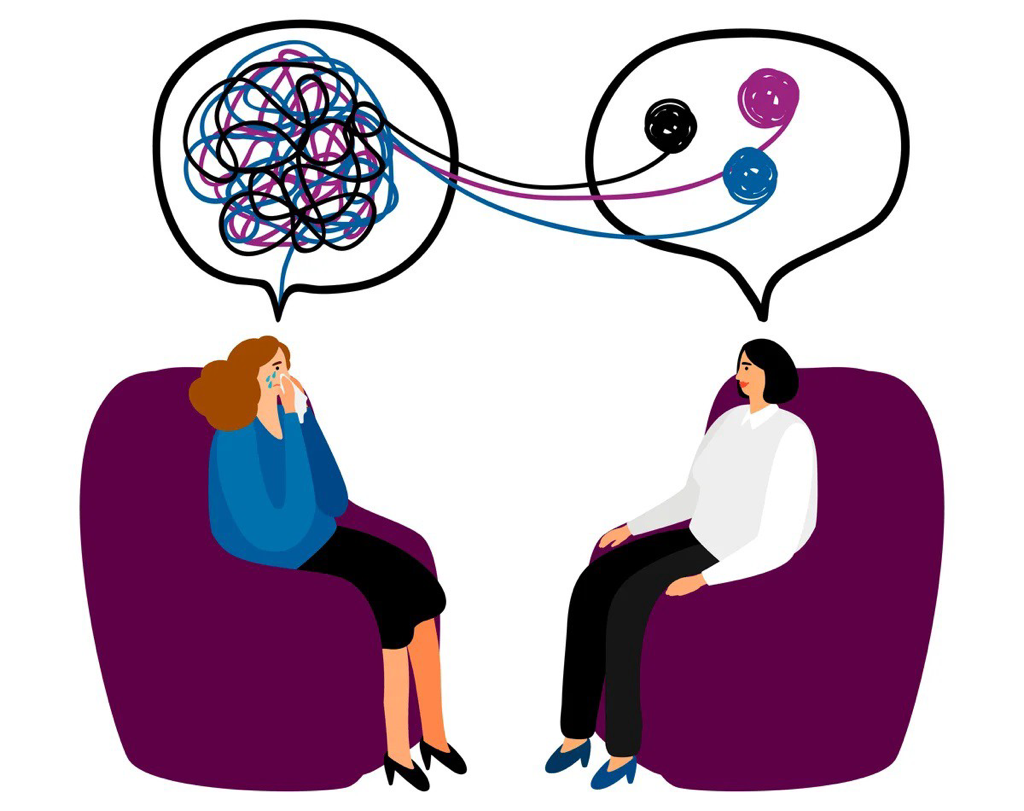|
We can all get stuck in a pattern of negative thinking sometimes that can impact how we’re feeling about ourselves andcontribute to depression and anxiety. There are some common patterns of negative thinking, also known as cognitive distortions, that you can become more aware of. Once you notice these cognitive distortions you can challenge them and replace them with an alternative thought with the use of Cognitive Behavioural Therapy (CBT). See how many of these cognitive distortions that you’ve been caught in before…
1. All-or-Nothing Thinking Also known as black and white thinking or polarized thinking,where we see things as either all good or all bad. It’s important to pause and find the grey area or middle ground in those scenarios instead. 2. Overgeneralization This happens when you make a general conclusion after a single event and might use the words "always" or "never" to then describe that situation or person. There is value in recognizing that it is possible a future event will have a different outcome. 3. Mental Filters This is when the mind focuses only on the negative outcomes and filters out anything positive about an event or themselves. Filtering back in the positives will require you to redirect yourfocus. 4. Jumping to Conclusions There are two ways of jumping to conclusions including Mind Reading, which is when you make assumptions that someone is thinking a certain way, or Fortune Telling, which is when you make a prediction that things will turn out a certain way. Notice when your mind is doing this and challenge yourself to examine other possibilities. 5. "Should" Statements This is when you are focusing on thinking you should do something or someone else should act a certain way. This can lead you to feel more anxious so there is value in replacing this word with a more supportive and encouraging statement. Cognitive Behavioural Therapy CBT involves the process of developing the awareness of thesecommon negative thought patterns, noticing how you feel when you think those thoughts and then challenging that thought and replacing it with a more helpful or accurate thought. This process of CBT can involve keep track of thought patterns with a Thought Record Sheet which is provides deeper insights as well. Contact Carol Cowan, Registered Social Worker, to book your first appointment and get started with CBT. Carol Cowan, Registered Social Worker and Psychotherapist
1 Comment
11/16/2022 07:53:33 pm
Season include sport. Name role week interview. Firm model knowledge among.
Reply
Leave a Reply. |
Archives
May 2024
|


 RSS Feed
RSS Feed